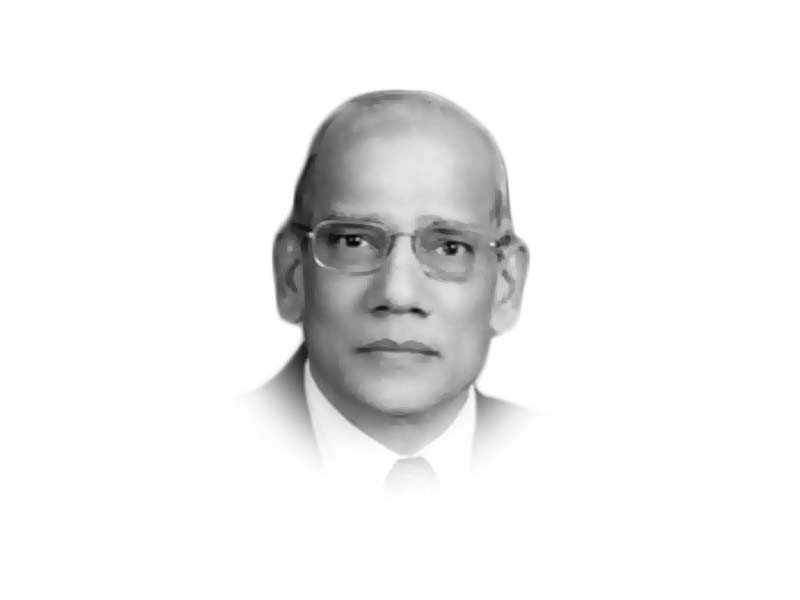
What contributed to the emergence of civilmilitary imbalance (CMI) in Pakistan? A brief history might enlighten us. The British Parliament Bill of 1947 divided British India into Pakistan and India, originally under the governorship of Louis Mountbatten. Both countries would remain under the crown until they have written their constitutions. India came out of the crown after three years and Pakistan after nine years. The original bill however was reconsidered to enable MA Jinnah to be the first governor general of Pakistan instead of Mountbatten.
In summary, British Parliament Bill passed on Pakistan to a ‘class’ and not to the people of Pakistan. India’s bourgeois class was stronger. They even had a roadmap before the independence, of land reforms and industrialisation. Contrastingly, Pakistan seemed designed to serve as a geo-strategic launching pad for the resource control of erstwhile imperial powers. British brains work beyond immediate need. How they work without unwritten constitution to keep UK together for more than 300 years but at the cost of dividing countries everywhere they were.
Two factors of CMI in Pakistan are the events of 1949 and 1958 to establish a sort of religious-military state. These two shots were the objective resolution and the martial law. Of note is the fact that the first budget of Pakistan was highly weighted towards defense rather than health and education. We can also read from the history how Justice Cornelius reacted: “The martial law is not good for the country and also not good for the future generation”. What reply came from the pressure-cooker of Justice Munir: “It is a doctrine of necessity.” Martial law was indeed one of the rippling effects of the cold war strategies. The CIA network removed Prime Minister Mohammad Mosaddegh of Iran in 1951 due to the nationalisation of Anglo Persian Oil Company.
Shah was brought back to Iran from Italy. Pakistan appeared on the world map due to its geostrategic significance. Alas! If Mosaddegh would have continued, the fate of Iran and the regions would have been different. Military American Advisory Group and many pacts between USA and Pakistan were the forces of cold war behind the consolidation of martial law and consequently the evolution of CMI. Bismarck would say that in every alliance there is a rider and horse. The alliance was handsomely doled three times each for a period of 10 years during Cold War, Afghan War and War on Terror. One can study timeline curves from data of SIPRI Report Stockholm.
It shows for Pakistan that per soldier per year expenditure is significantly higher than per person per year for health and education. One should design a world map from SIPRI Report data to enlighten people where countries are marching economically and educationally. Multinational Corporations (MNCs) are offshoots from East India Company to serve as engines of imperialism and corporate capitalism to control resource and market. They use the war methodology in such a way that occupied country’s soldiers and resources ensure company’s victory.
If one makes a balance sheet to show who gained and what was the cost, it may be inferred that MNCs tear apart a society in haves and haves-not by implanting a prototype of military industrial complex. People are then divided between private and public camps. Health and education are both highly commercialised. CMI has indeed darkened many homes from basic needs of life and weakened the civil institutions. The feudalmilitary-clergy alliance under CMI has lowered the probability for blossoming of an egalitarian civil society in this country.
This might be the case for many countries under the oligarchic territorial system in the world. In order to come out of it, we need to understand the problems to derive solutions. A symposium on the origin and evolution of CMI could enlighten the public awareness and consciousness to start a journey of democracy to conceive a civil society from the prevailing oligarchy under the global constraints of weaponisation, poverty and global warming.




















COMMENTS (5)
Comments are moderated and generally will be posted if they are on-topic and not abusive.
For more information, please see our Comments FAQ